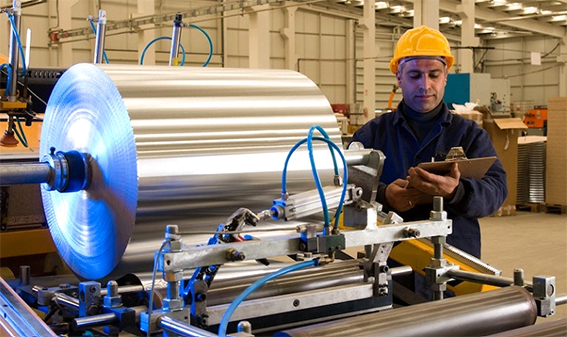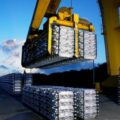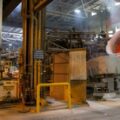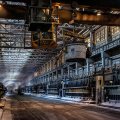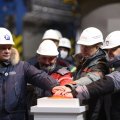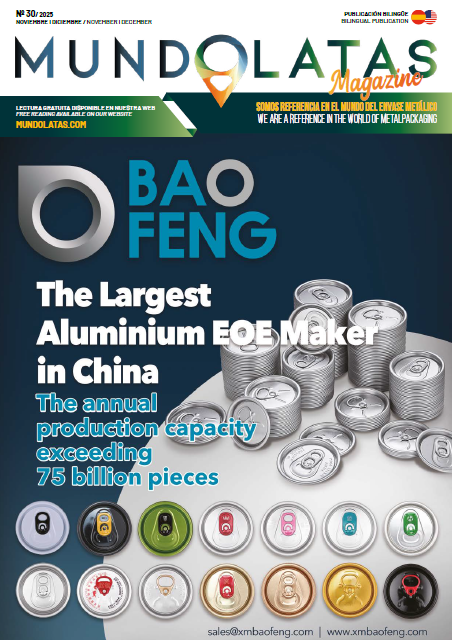The multinational RUSAL, one of the world’s leading aluminum producers, announced that it has passed the international verification of the carbon footprint of its ALLOW INERTA aluminum brand.
A section of TÜV AUSTRIA Standards & Compliance clarified the amount of greenhouse gases that the RUSAL Krasnoyarsk aluminum smelter produces through independent verification. What they found was that aluminum produced with inert anode technology has 0.01 metric tons of carbon dioxide equivalent per ton of metal (Scope 1 and 2).
In particular, ALLOW INERTA has demonstrated exceptionally low production levels compared to the global aluminum industry, meeting the most stringent environmental and climate standards. Specifically, ALLOW INERTA aluminum is produced by means of a revolutionary technology in inert anode cells, using renewable hydroelectric energy.
Such verification was carried out this year in accordance with the specifications of ISO 14067: 2018. “Greenhouse gases – Carbon footprint of products – Requirements and guidelines for quantification.”as well as other internationally recognized standards, including the Intergovernmental Panel on Climate Change and the International Aluminum Institute.
Due to increased environmental awareness, many companies have chosen to assess the environmental impact of their products. Therefore, it is necessary for all suppliers to demonstrate their environmental commitment before delivering their goods to the consumer. Krasnoyarsk Aluminium Smelter was no exception: it has already released several thousand tons of ALOW INERT aluminum at the pilot site to meet the needs in the field.
RUSAL has made carbon dioxide elimination a key objective for its industrial aluminum production, making use of the inert anode instead of the traditional carbonized anode. This solution, combined with renewable hydropower, ensures an unprecedented emphasis on environmental friendliness for the aluminum produced in Krasnoyarsk.

